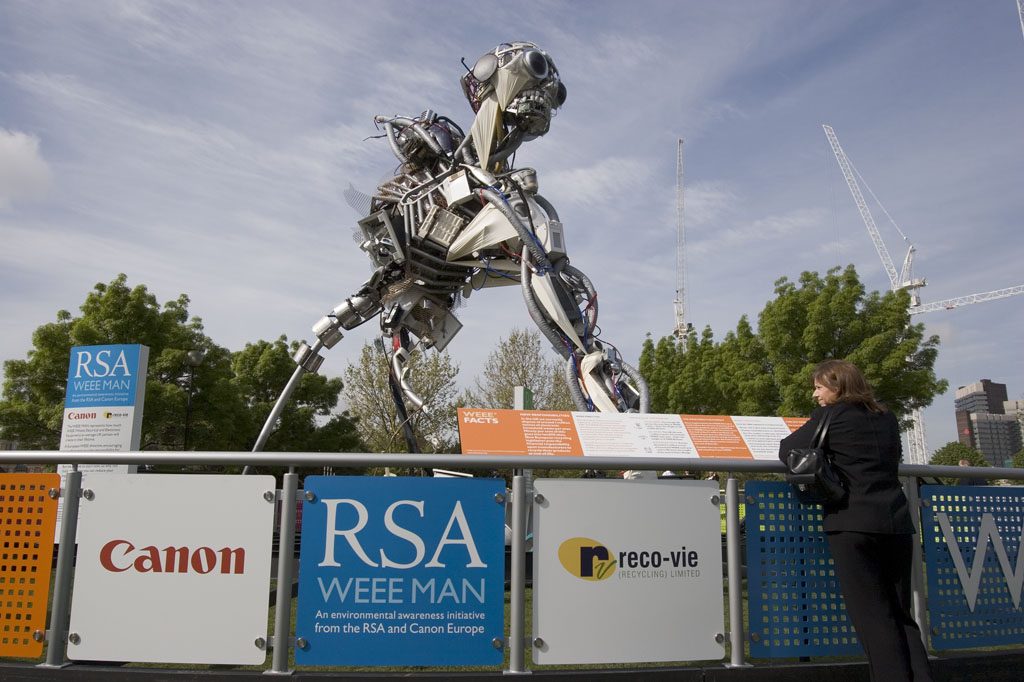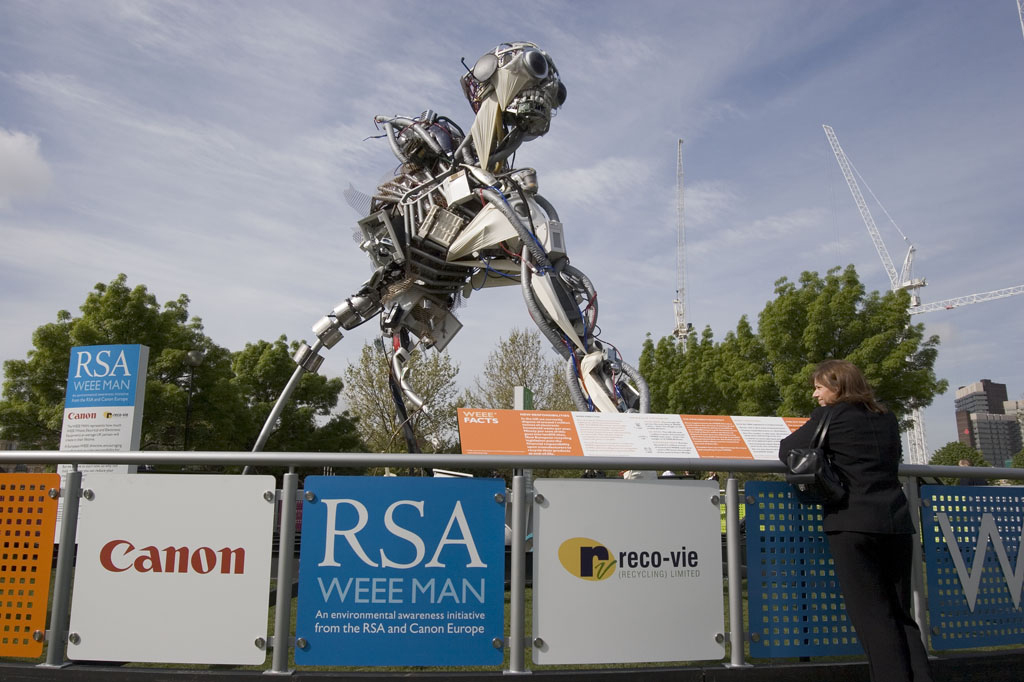
Purchasing, supply and consumption of goods and services affects us all and plays a big part in contributing to climate change through the energy required in production, transport and waste. If we are to succeed in this challenging strategy then all sectors of Reading’s society will need to set out more sustainable PSC practices which maximise benefits to society and the environment as well as optimising price and quality
The priorities are:
● Enable people to make sustainable purchasing choices
● Support and encourage local purchasing and the development of local supply chains
● Promote and encourage new business models focused around the ‘circular economy’
● Develop standards and the commitment to sustainable procurement in both the public and private sectors
● Reduce waste by supporting the re-use and repair of products and materials
● Increase recycling rates
Business Focus
Taking a proactive approach to business model change offers ‘prime-mover advantage’, so that a company can compete from a position of strength. For businesses that are prepared to be bold, there is an opportunity to
● introduce innovative business models
● develop new revenue streams
● create brand new market sectors.
Existing examples of this are the peer-to-peer rental business model of Zipcar and the advent of ‘cloud’ computing. These trends lead to new and unexpected competitors for businesses.
What you can do….
Sign up to the challenges of the purchasing, supply and consumption chapter.
Further reading:
Read the full Purchasing, Supply and Consumption chapter
Read the full Purchasing, Supply and Consumption business focus
Purchasing Theme Action Plan

